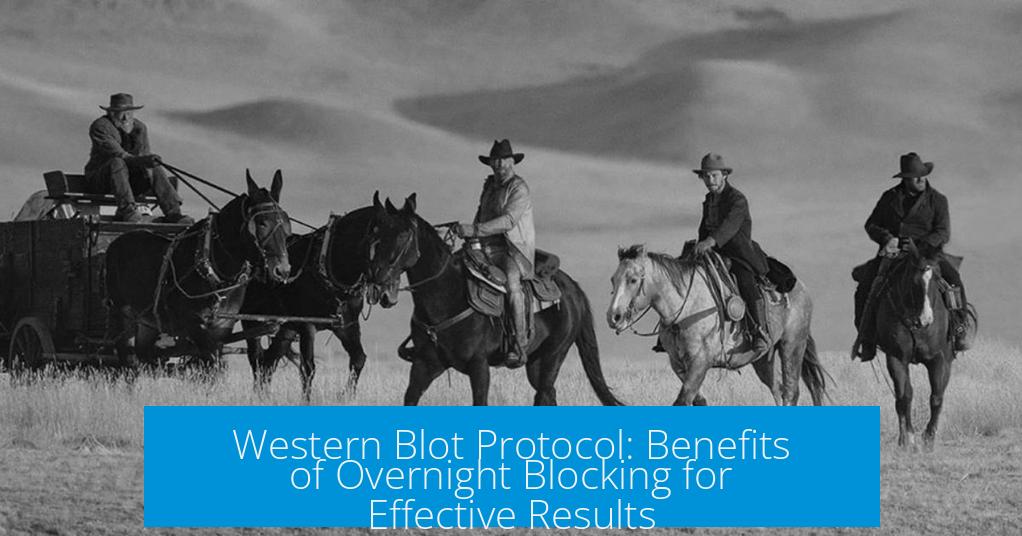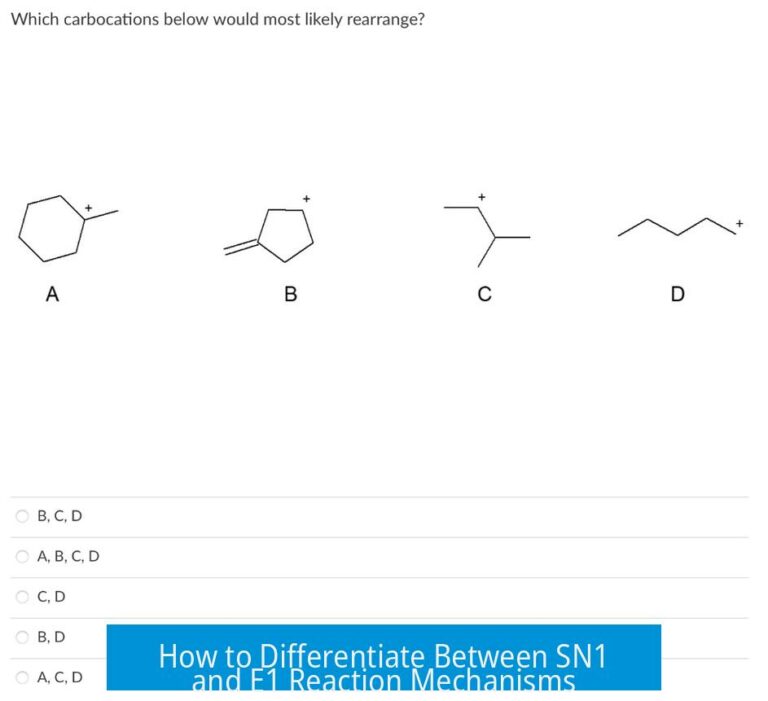Western Blot Protocol: Is Blocking Overnight Advisable?
Blocking overnight during Western blotting is acceptable but not mandatory; it depends on protein abundance, antibody specificity, and workflow preferences. Typical blocking duration ranges from 15 minutes to one hour, sufficient for most applications.
Blocking Duration and Its Effects
Blocking minimizes nonspecific antibody binding by saturating the membrane with proteins. Many researchers find that a 15 to 60-minute blocking step effectively prepares the membrane.
- Short blocking (15–60 minutes) usually yields clear, specific results.
- Overnight blocking occurs mainly for convenience or when the transfer is completed late.
- Some labs perform blocking over the weekend without adverse effects, especially when the target protein is abundant.
Extended blocking is unlikely to harm the membrane or signal quality. However, it may not improve results significantly unless the antibody is highly promiscuous.
When Is Overnight Blocking Beneficial?
Long blocking times may help when using antibodies prone to nonspecific binding. This step can reduce background noise and improve signal clarity.
If you have a particularly “promiscuous” antibody, overnight blocking could provide better blocking of nonspecific sites. However, researchers often prefer overnight primary antibody incubation instead of prolonged blocking.
Primary Antibody Incubation and Workflow Tips
- Primary antibody incubation overnight at 4°C is standard and generally more critical than blocking duration.
- Some protocols involve short blocking followed by longer primary incubations to maximize specificity.
- If the blotting process spans multiple days, prefer split incubation with the primary antibody overnight rather than blocking.
- Fluorescence detection methods may influence incubation times; for instance, primary antibody incubation overnight is common, followed by secondary antibodies for about an hour.
Practical Considerations
- Blocking overnight is often a practical solution when time constraints arise, such as finishing transfers late at night.
- Review the abundance of your target protein and antibody characteristics before deciding prolonged blocking.
- Seek published protocols or product datasheets relevant to your specific antibodies as references for best practices.
Key Takeaways
- Blocking for 15 to 60 minutes suffices under normal conditions.
- Overnight blocking is safe but usually unnecessary; used mainly for convenience.
- Protein abundance and antibody specificity guide blocking duration decisions.
- Overnight primary antibody incubation is more common and impactful for signal quality.
- When splitting work across days, prefer overnight primary incubation over blocking.
Can blocking overnight improve blocking efficiency in Western blotting?
Blocking works quickly. Usually, 15 to 60 minutes is enough to prevent nonspecific binding. Overnight blocking is not required but can be fine if needed for timing.
Is overnight blocking better for all antibodies?
It depends on the antibody. If the antibody is prone to binding nonspecifically, longer blocking might help. For many antibodies, standard blocking time is sufficient.
Can I block overnight if I run out of time during my experiment?
Yes, blocking overnight or over the weekend is a common practice to manage workflow. It won’t harm the blot if done properly.
Should I do primary antibody incubation overnight or blocking overnight?
If splitting work across two days, it is usually better to do primary antibody incubation overnight rather than blocking to preserve protein and signal quality.
Does overnight blocking affect detection sensitivity for low abundance proteins?
For low abundance proteins, prolonged blocking is usually not recommended as it may reduce signal. Short blocking followed by optimized antibody incubation is better.
How does blocking duration affect antibody promiscuity in Western blots?
Longer blocking can reduce antibody promiscuity and background signal. This may be useful with certain tricky antibodies but is not necessary for all cases.





Leave a Comment